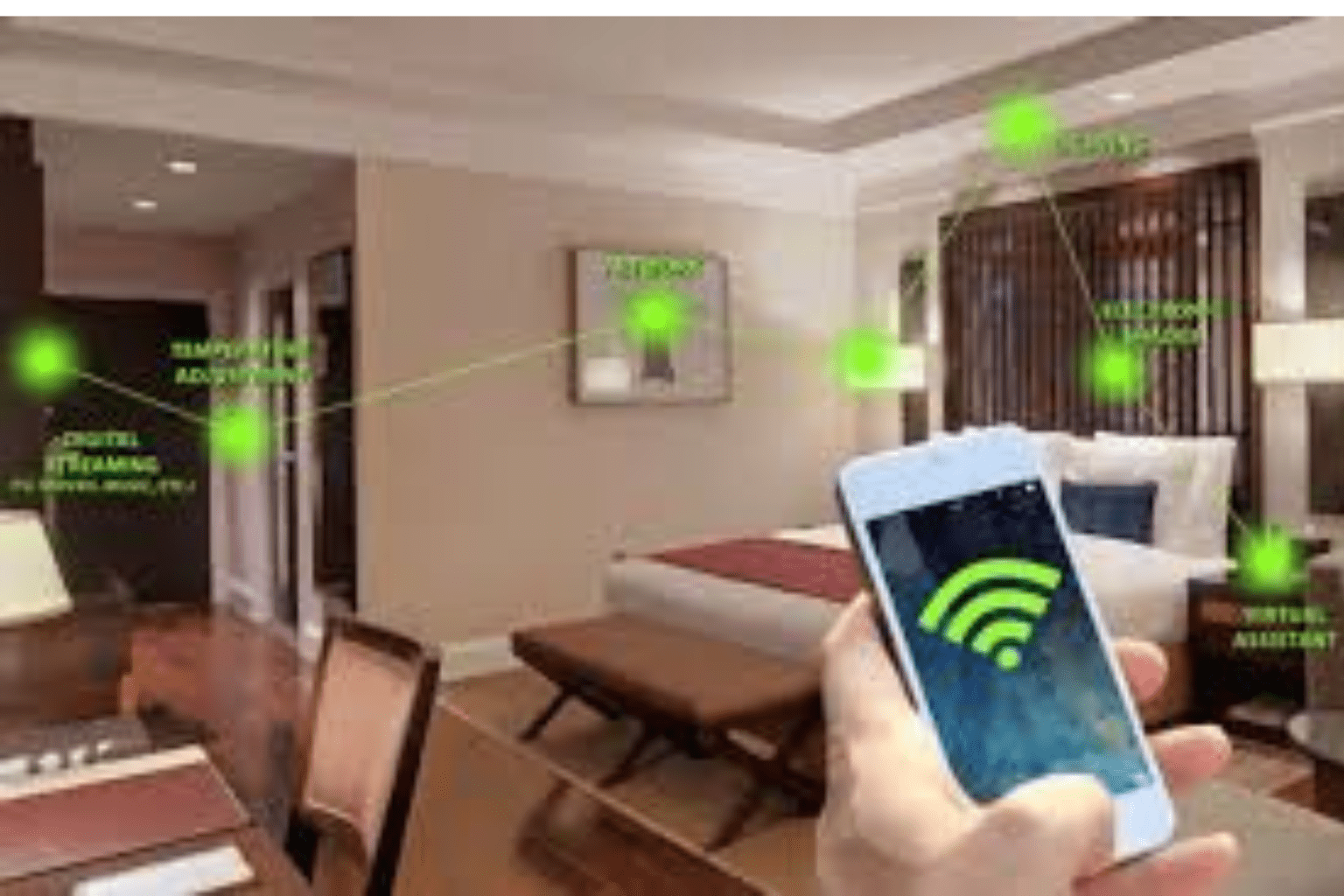Hospitality technology product spending and investment is accelerating as owners look for ways to offset staffing shortages, lift revenue and meet guests’ demand for instant, mobile-first service. Analysts expect the global “smart hospitality” market to more than double to $74.9 billion by 2029, powered by AI, IoT and automation. The five launches below show how that investment is turning into concrete products hoteliers can deploy right now.
Always-on voice agents.
In February, Canary Technologies introduced AI Voice, an end-to-end platform that fields front-desk, concierge and reservations calls with generative-AI assistants. Canary says hotels miss up to 40 percent of phone enquiries; AI Voice captures those bookings, furnishes instant answers in multiple languages and frees human agents for high-value conversations.
Unified guest-experience hub.
INTELITY’s new GEMS 2.0 elevates its mobile apps and in-room tablets with an AI layer that stitches together every digital touch-point, from pre-arrival messaging to mobile keys, on a single dashboard. By consolidating data, luxury properties can trigger personalized upsells in real time and let staff monitor service requests at a glance, boosting both ancillary revenue and guest satisfaction.
Autonomous housekeeping muscle.
Launched on 2 April, LG’s commercial robotic vacuum cleaner, developed with the Marriott Design Lab, navigates hallways with LiDAR and vision-fusion SLAM to create a custom map of each floor. The bot runs unattended during off-peak hours, allowing lean housekeeping teams to maintain consistent cleanliness standards while cutting labour costs and back-of-house noise.
AI-driven revenue control.
Economy brand Red Roof is rolling out HotelIQ Decision Cloud, an AI revenue-management platform that analyses performance metrics and competitors’ rates, then pushes price recommendations, or fully automated overrides, to franchisees. Early adopters report faster, data-backed decisions and improved profit margins thanks to predictive pricing models and collaborative dashboards.
Next-generation forecasting.
Finally, Cloudbeds is previewing Cloudbeds Intelligence, due later in 2025. The module layers causal-AI algorithms onto PMS and market data to forecast demand shifts, recommend rate moves and even flag when to hold rooms back for late-booking surges. By unifying forward-looking signals with historical trends, Cloudbeds expects hoteliers to lift occupancy and Revenue Per Available Room (RevPAR) without the complexity of a stand-alone RMS.
Together, these products illustrate a clear direction for hospitality tech: automate routine work, surface real-time insight and hand guests more control, all while protecting the bottom line.





